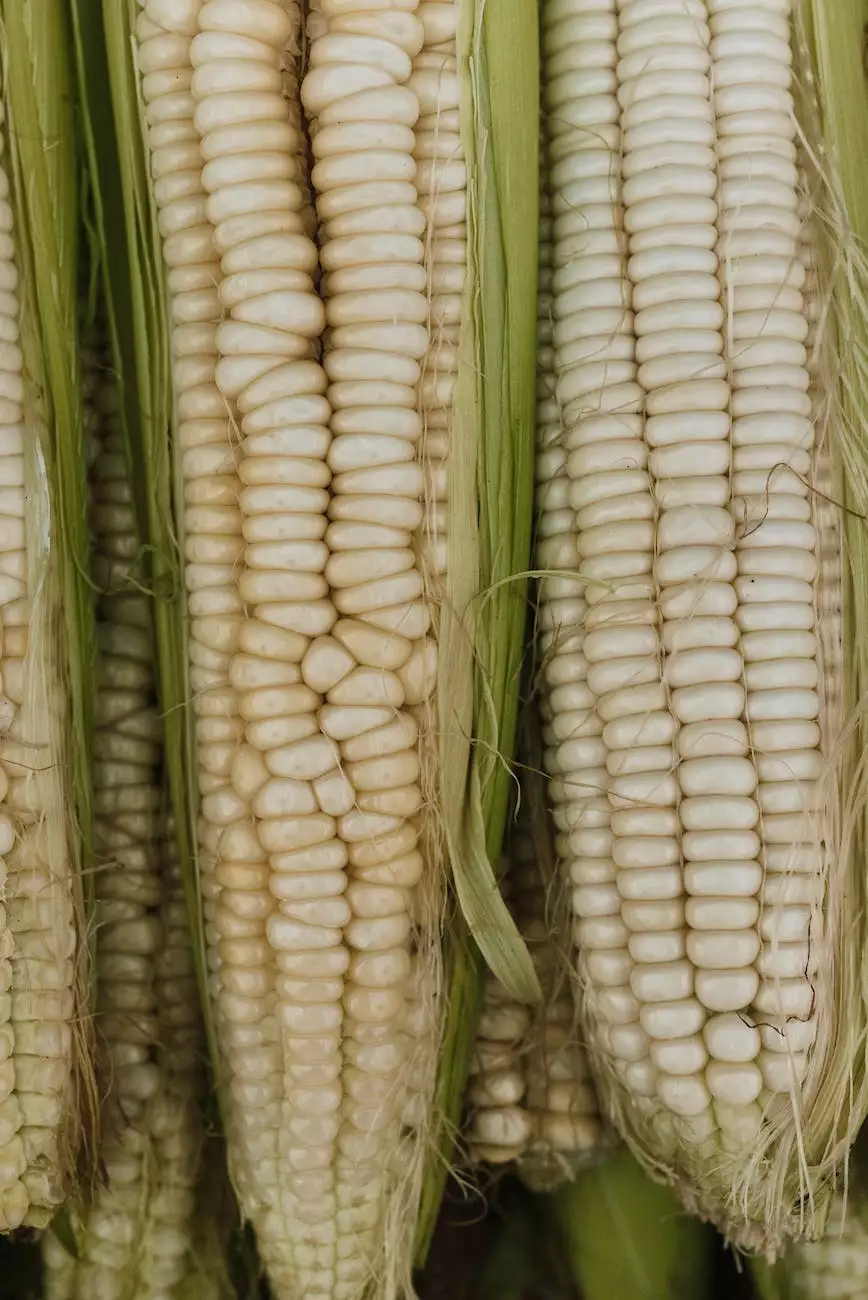Organic vs Conventional Farming: Breaking Down the Facts
Blog
Introduction
Welcome to Pollen Bank, your trusted source for information on organic and conventional farming. In this comprehensive guide, we will explore the key differences between these farming methods and delve into the facts to help you make informed decisions about your food choices.
Understanding Organic Farming
Organic farming is an agricultural approach that emphasizes the use of natural methods and practices to produce food. It focuses on maintaining the health of the soil, promoting biodiversity, and minimizing the use of synthetic pesticides and fertilizers.
The key principles of organic farming include soil health, crop rotation, composting, and responsible pest management. By avoiding the use of genetically modified organisms (GMOs) and synthetic chemicals, organic farmers strive to create a more sustainable and environmentally-friendly food production system.
Advantages of Organic Farming
There are several advantages to choosing organic food products:
- Higher nutrient content: Studies have shown that organic produce often contains higher levels of certain nutrients compared to conventionally-grown counterparts.
- Reduced pesticide exposure: Organic farming limits the use of synthetic pesticides, reducing the potential health risks associated with prolonged exposure.
- Support for biodiversity: Organic farms prioritize biodiversity, providing habitats for a wide range of plants and animals.
- Environmental sustainability: By avoiding synthetic chemicals and focusing on soil health, organic farming helps protect the environment for future generations.
- No GMOs: Organic farming prohibits the use of genetically modified organisms, offering consumers a GMO-free choice.
Understanding Conventional Farming
Conventional farming, on the other hand, relies on more intensive methods and the use of synthetic inputs to maximize crop yields. It often involves the use of chemical pesticides, synthetic fertilizers, and genetically modified seeds.
Conventional farming techniques aim to increase productivity and maximize profits through the use of technological advancements. While it has its benefits in terms of meeting the demands of a growing population, there are some potential downsides to consider.
Challenges of Conventional Farming
Here are some key challenges associated with conventional farming:
- Environmental impact: The use of synthetic pesticides and fertilizers can have adverse effects on soil health and water quality.
- Loss of biodiversity: Conventional farming practices often involve the removal of hedgerows and natural habitats, leading to a decline in biodiversity.
- Risk of pesticide residue: Consuming conventionally-grown products may expose individuals to pesticide residues, potentially impacting human health.
- Genetically modified organisms: Some individuals have concerns about the long-term effects of consuming genetically modified foods.
Pollen Bank's Commitment to Sustainable Food
At Pollen Bank, we understand the importance of sustainable food production and the impact it has on our health and the environment. We believe in supporting farmers who prioritize organic and regenerative farming practices.
Through our online marketplace, we provide a wide range of organic and sustainable food products, connecting consumers with farmers who share our vision for a healthier and more sustainable future. By choosing to shop with us, you're supporting a more ecological food system.
In Conclusion
In the debate between organic and conventional farming, it is essential to consider the facts and make informed decisions. We hope this guide has provided you with valuable insights into the differences between these two approaches.
Remember, at Pollen Bank, we are here to support your journey towards a more sustainable and conscious food consumption. Join us in embracing organic farming and making the best choices for our health, the environment, and future generations.










